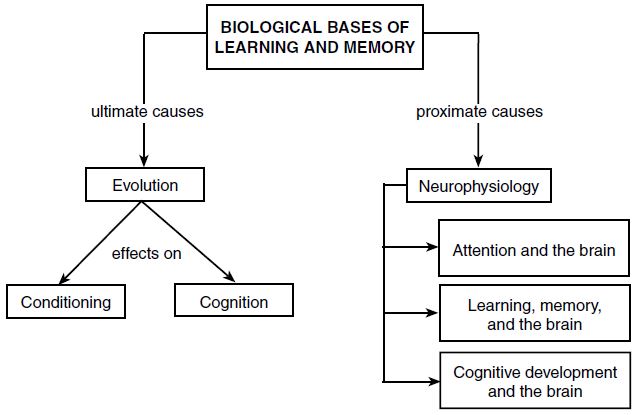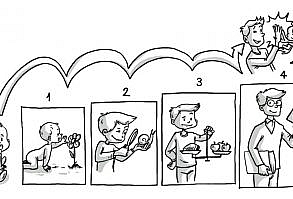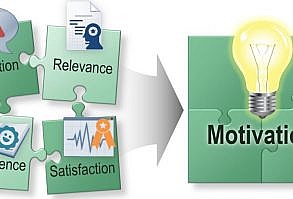
Psychologists have long been discussing the biological bases of learning and memory. This could also be referred to as the effect of nature vs nurture on learning. They looked for an explanation to the questions that how much influence teachers have or to what extent a human being is preprogrammed by biology. The debate has been conducted with regard to the talent or gift that individuals have in born. In response to the arising questions, scholars have come to realize that this issue could be based on either evolution or neurophysiology.
Ultimate Causes of Biology and Learning
Evolutionary psychology is based on the premise that the psychology of behavior is well informed by evolutionary biology. That is, gaining a better understanding of the system that created the human mind should aid in the finding of its architecture. Two issues stand out at this point. First, most evolution took place centuries ago. Second, the research is mostly concentrated on one problem or organ.
Evolution and Conditioning
Contrary to widespread belief, Skinner was a firm believer in the fact that all species learn in the same manner rather than considering it species-specific. Contemporary research, however, does not support Skinner’s assumptions. Many criticisms, thus, were given to the boundaries of conditioning doctrine. The recent evidence implies that both classical and operant conditioning seem to be influenced by biological factors.
Evolution and Cognition
Darwinian algorithms are those mechanisms that describe how the neural architecture has adapted cognition to specific learning tasks over time. There are ties in this area to Piaget’s ideas, in that both describe an adaption to environment and creation of an environment.
Implications for Learning and Instruction
The implication is that our genetic and evolutionary background imposes specific learning limits or defines predispositions to learn certain things in certain ways. Additionally, what is really learned and shown is influenced by certain environmental cues as well as genetic history. Genes control the mechanisms while the environment makes the choices. Rapidly changing environmental change is outpacing our biological adaptation to it. This viewpoint indicates a stronger focus on collaboration in learning, which is consistent with Bruner and Vygotsky’s beliefs.

References
Driscoll, M. P. (1994). Psychology of learning for instruction. Allyn & Bacon.


